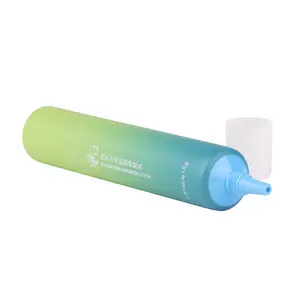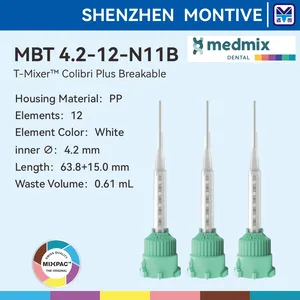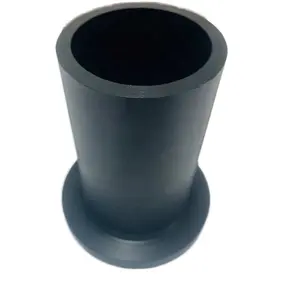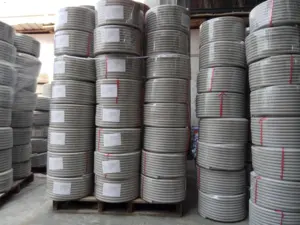Polypropylene tubes, with their remarkable features and diverse types, have become indispensable tools across a spectrum of industries. Polypropylene tube sizes may vary according to their usefulness.
The uses of the polypropylene tube
Polypropylene tubes are widely utilized in laboratories for sample storage, centrifugation, and general liquid handling. In the medical field, 5 ml polypropylene tubes serve as essential components for storing and transporting blood samples, urine, and other biological fluids. Polypropylene tubes play a crucial role in industrial packaging. They provide a durable and lightweight solution for storing and transporting liquids, powders, or granular materials. The automotive industry utilizes 1/4” polypropylene tubing for applications such as fluid transfer, wiring protection, and component packaging. Environmental researchers and professionals use 3/4” polypropylene tubing to collect and store water, soil, and air samples. Polypropylene tubes are useful in the food and beverage industry for the storage and transportation of liquids, sauces, and food ingredients. Polypropylene tubes are integral in chemical processing for the safe handling and transport of corrosive chemicals.
The features of a polypropylene tube
A polypropylene tube is resistant to a broad range of acids, bases, solvents, and other corrosive substances. These tubes offer stability across a wide temperature range, allowing them to withstand both high and low temperatures. Polypropylene tubes are made from polypropylene, a thermoplastic polymer known for its chemical resistance and robustness. This material is generally translucent, allowing for easy visibility of the tube's contents. Polypropylene tubes are lightweight yet durable. Many polypropylene tubes boast good clarity and transparency. This feature is advantageous in laboratory settings where visual confirmation of sample integrity is essential. Polypropylene tubes often exhibit resistance to ultraviolet (UV) radiation. The sealability of polypropylene tubes is a key feature. Polypropylene tubes are known for their flexibility and formability. This allows for easy customization to suit specific applications. Many polypropylene tubes are autoclavable, meaning they can be sterilized using autoclave processes. This feature is crucial in laboratory and medical settings where sterility is a priority. Some polypropylene tubes come with secure, leak-proof seals. A polypropylene tube is generally considered bio-compatible. This makes the tube suitable for biological applications such as the storage of cells, tissues, or other biological samples.
The different types of polypropylene tubes
Designed for use in centrifuges, conical centrifuge tubes have a tapered bottom that facilitates the sedimentation of particles. Microcentrifuge tubes are smaller in size and are used for the storage and centrifugation of small volumes of liquid. Polymerase chain reaction (PCR) tubes are specifically designed for PCR applications like mixing, heating, and chemical reactions. Storage tubes are versatile and are used for general-purpose sample storage. Culture tubes are suitable for cell culture applications. For applications requiring low-temperature storage, freezer tubes are designed to withstand freezing temperatures without becoming brittle. Round-bottom test tubes are widely used in laboratory settings for various applications. Thin-walled polypropylene tubes are designed to enhance thermal transfer. This makes them suitable for applications such as PCR.
Retail and wholesale buyers can buy polypropylene tubes at affordable prices on Alibaba.com. They can buy them in bulk to save money and time.











































 浙公网安备 33010002000092号
浙公网安备 33010002000092号 浙B2-20120091-4
浙B2-20120091-4